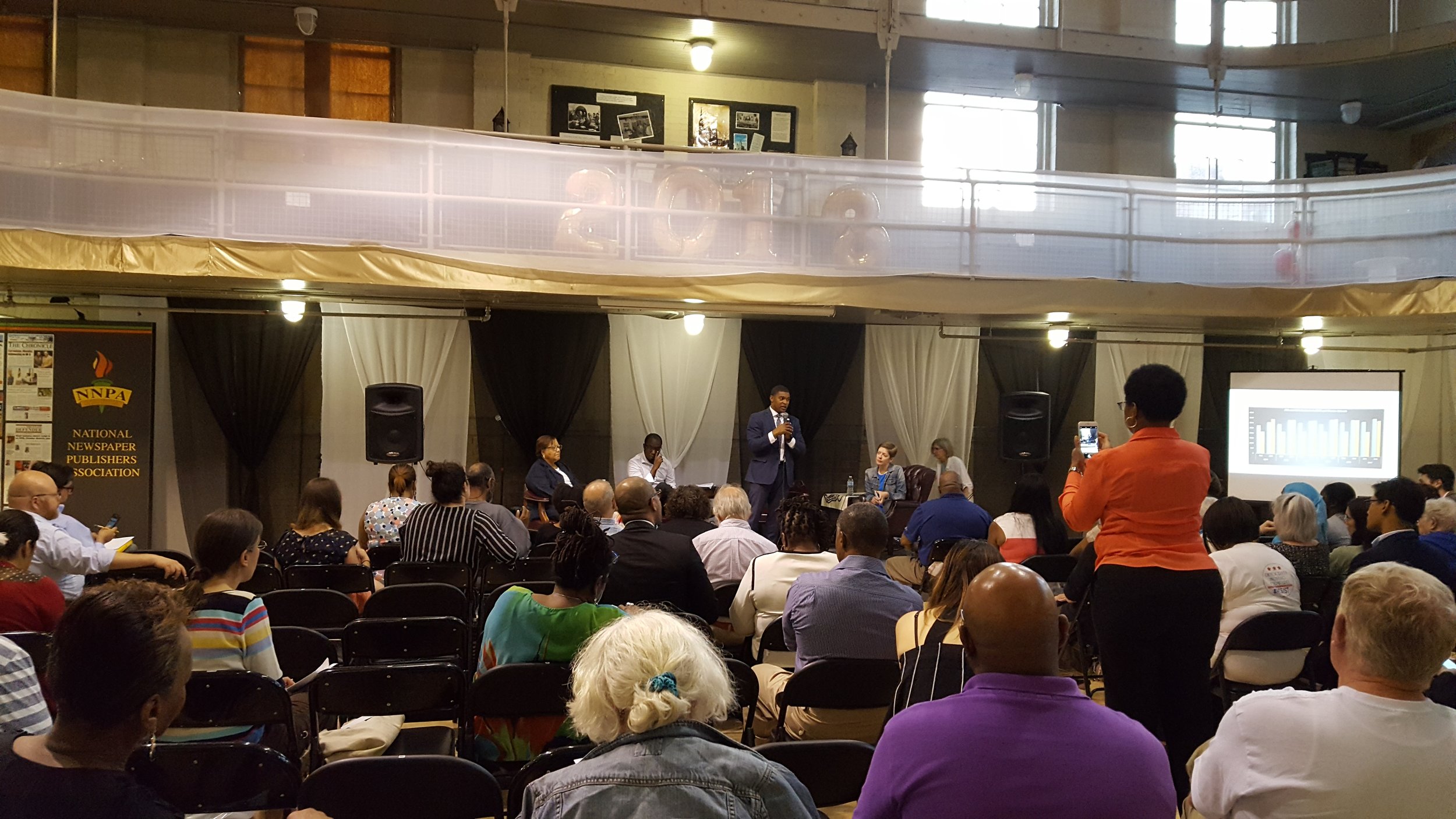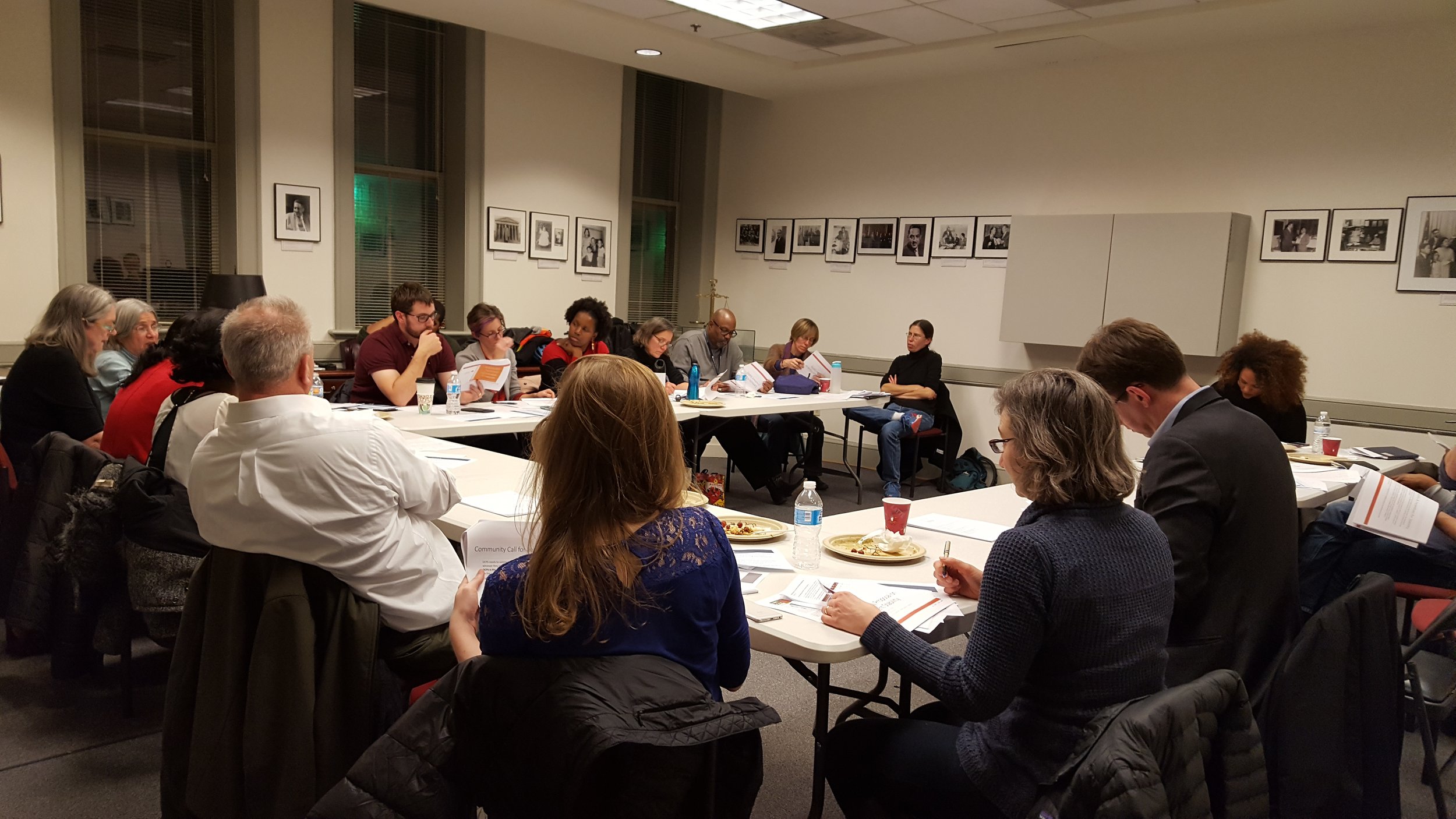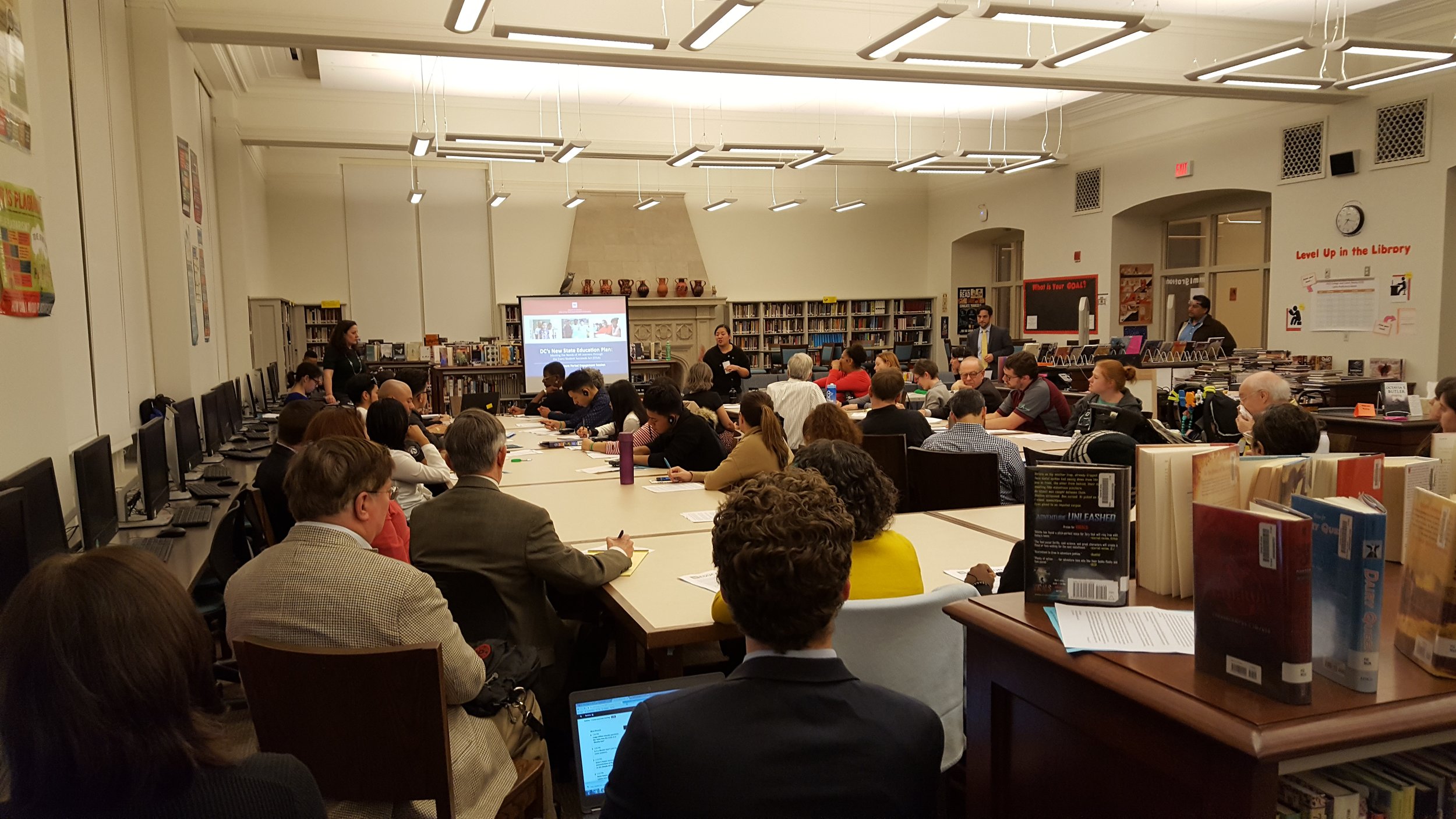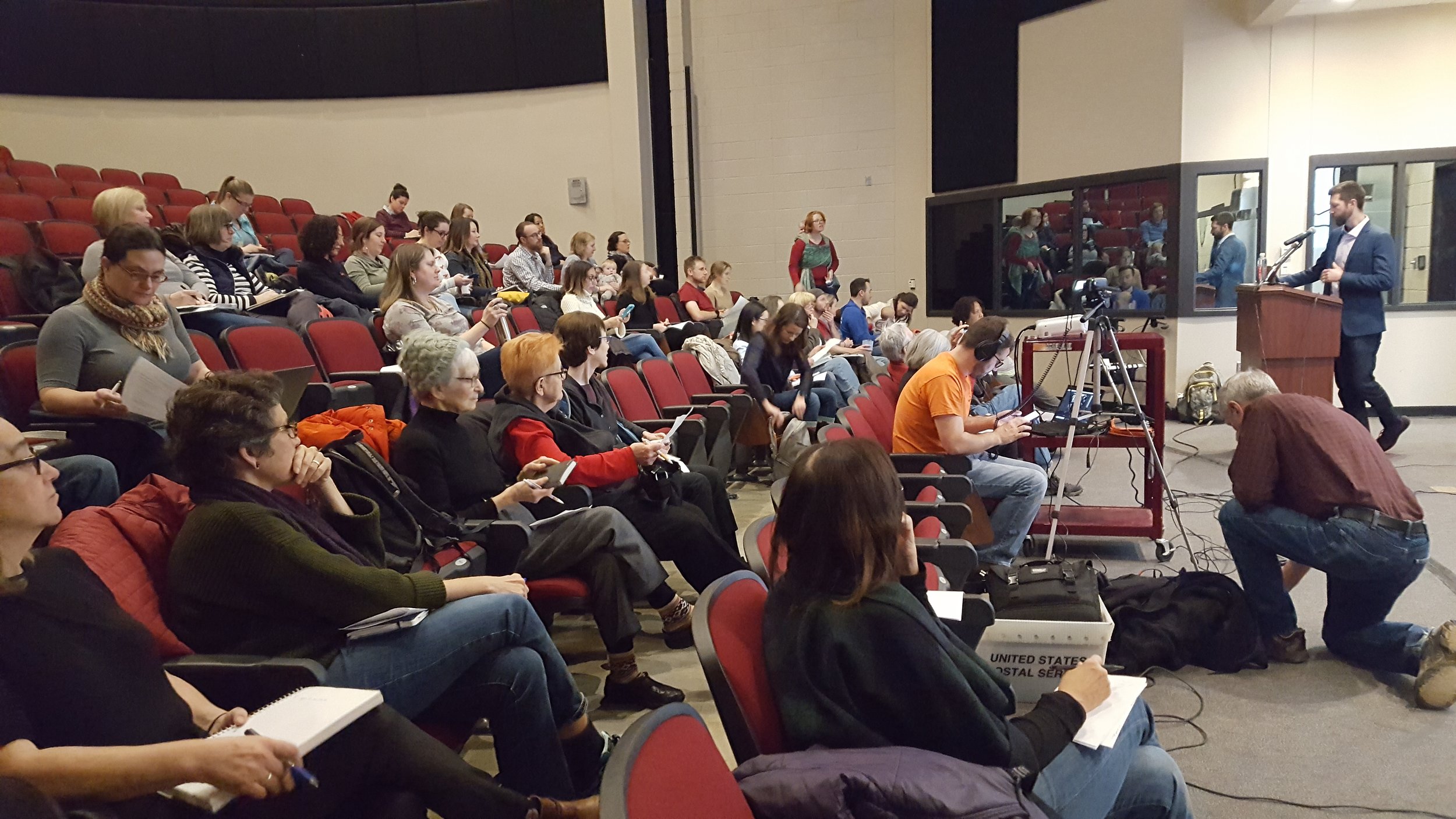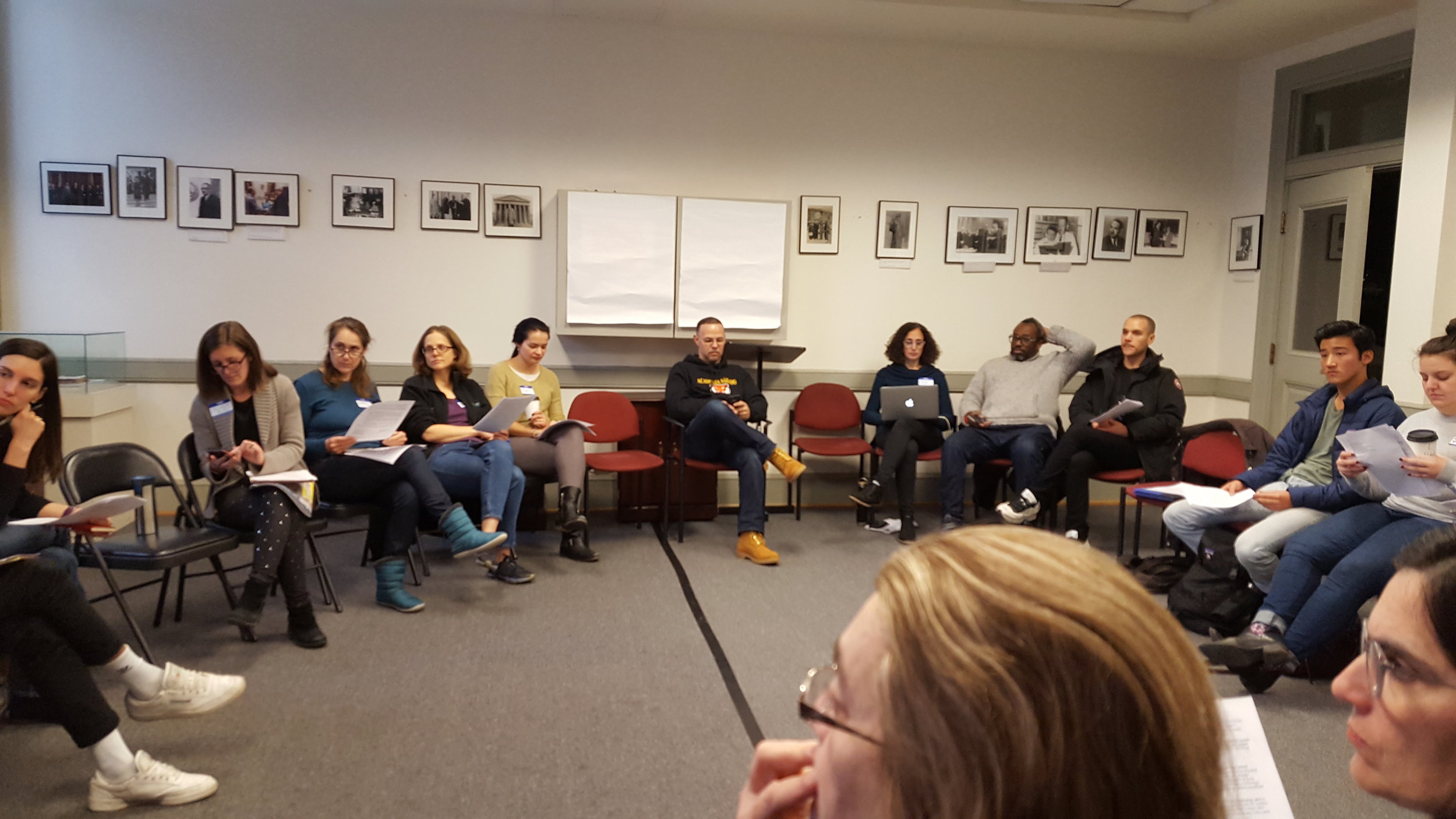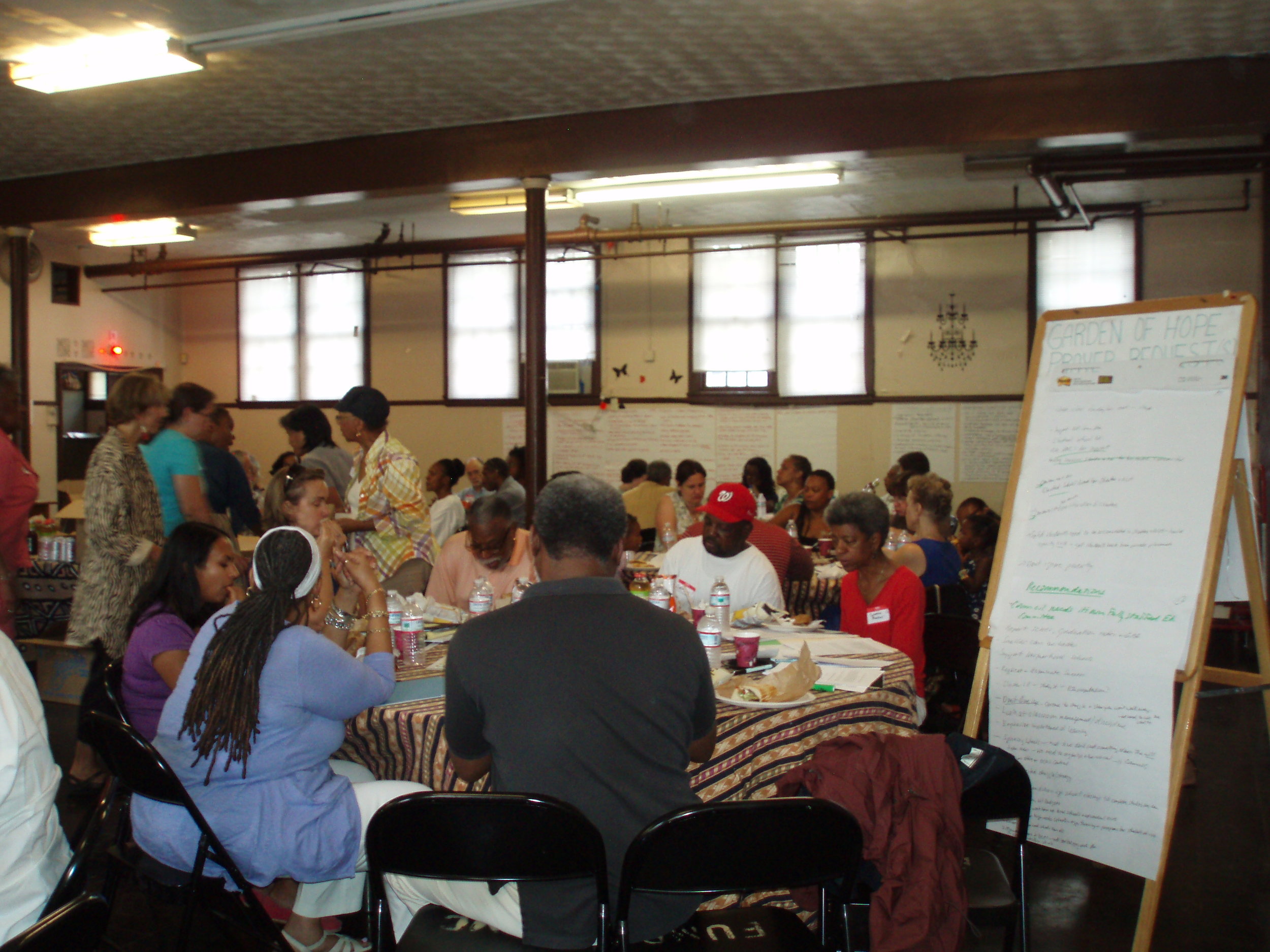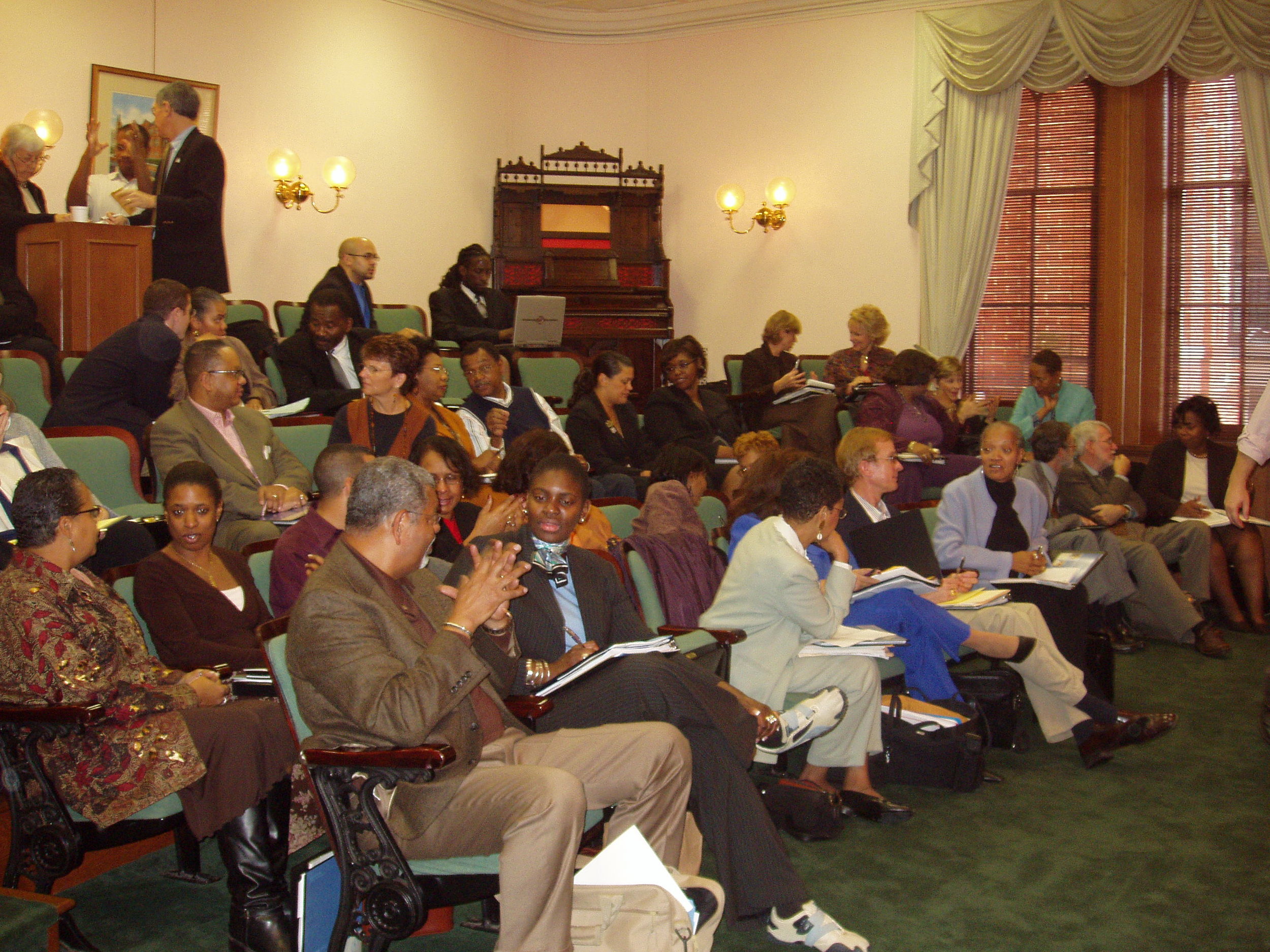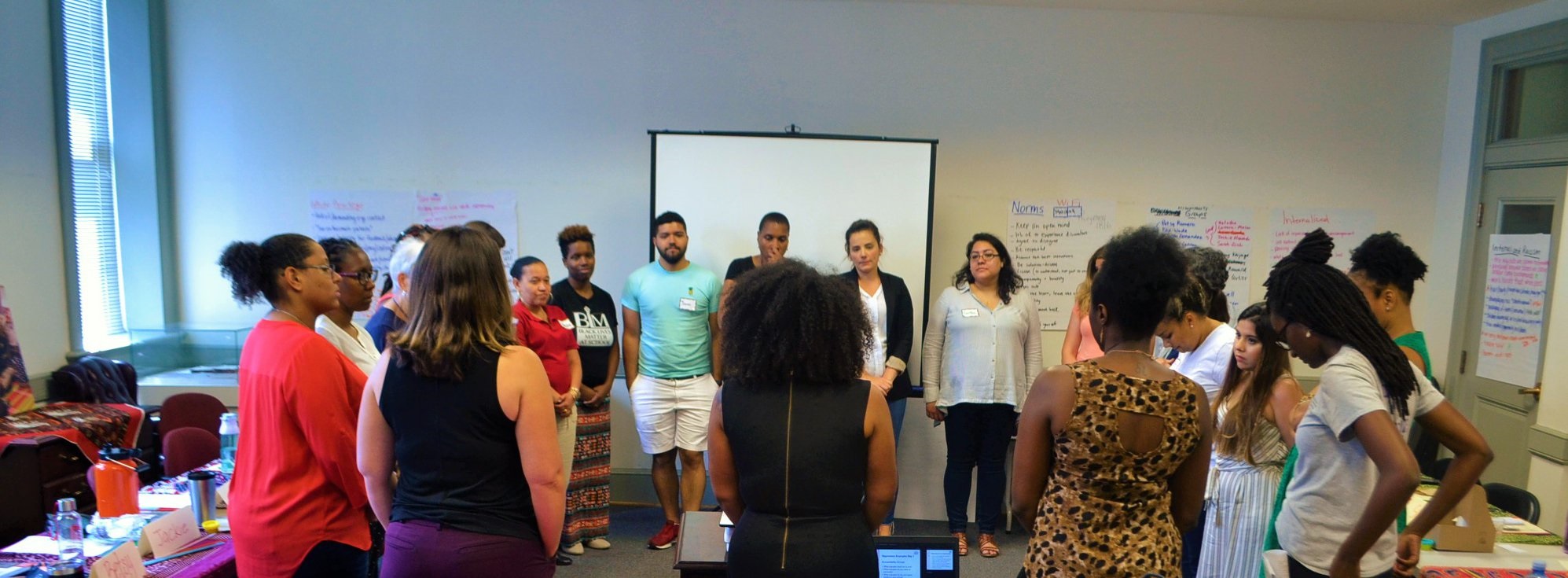A DCPS Teacher Who Helped Create RCTs Speaks Out
/Ed. Note: What follows is an edited interview between DCPS parent Betsy Wolf and a DCPS teacher who helped create RCTs (required curricular tasks) for DCPS. As a condition of this interview, the teacher’s identity remains confidential. DCPS is currently using RCTs as a means of student assessment this school year. But RCTs were created last school year by DCPS specifically to help teachers with virtual instruction, aligned with the use of Canvas. The idea then was to help make online curriculum engaging in a virtual setting. Now, teachers are reporting that RCTs are unhelpful to them, because they do not provide usable feedback and are poorly designed as summative assessments. RCTs also take important instruction time away because DCPS has many other required assessments. Digital inequity just exacerbates these problems: As most DCPS schools do not have a 1:1 student device ratio, many teachers can give RCTs only on paper, then enter the data manually into Canvas. Yet, according to another DCPS teacher who testified during the DCPS budget hearing on November 9, DCPS has spent more than $10 million on the company and electronic system that RCTs use. Read on for a fuller accounting of the steep price of RCTs in our schools.]
Read More